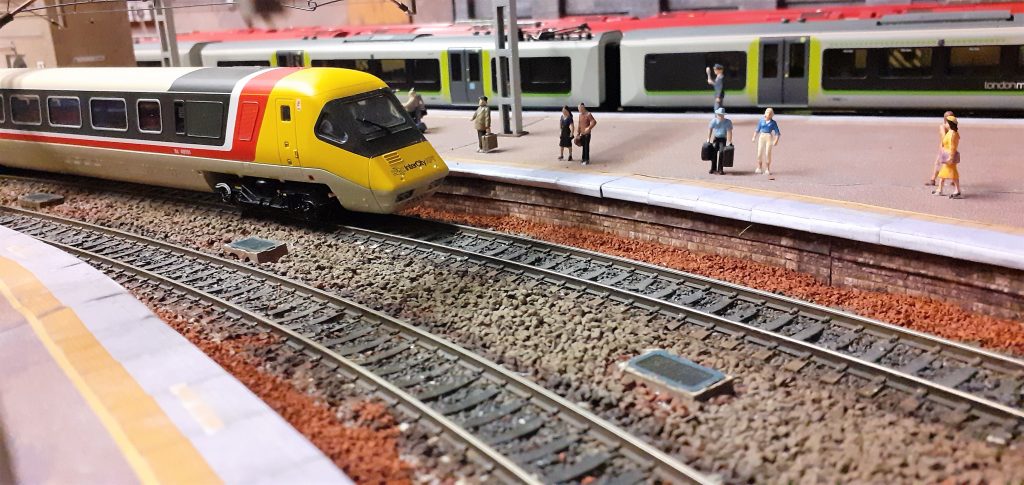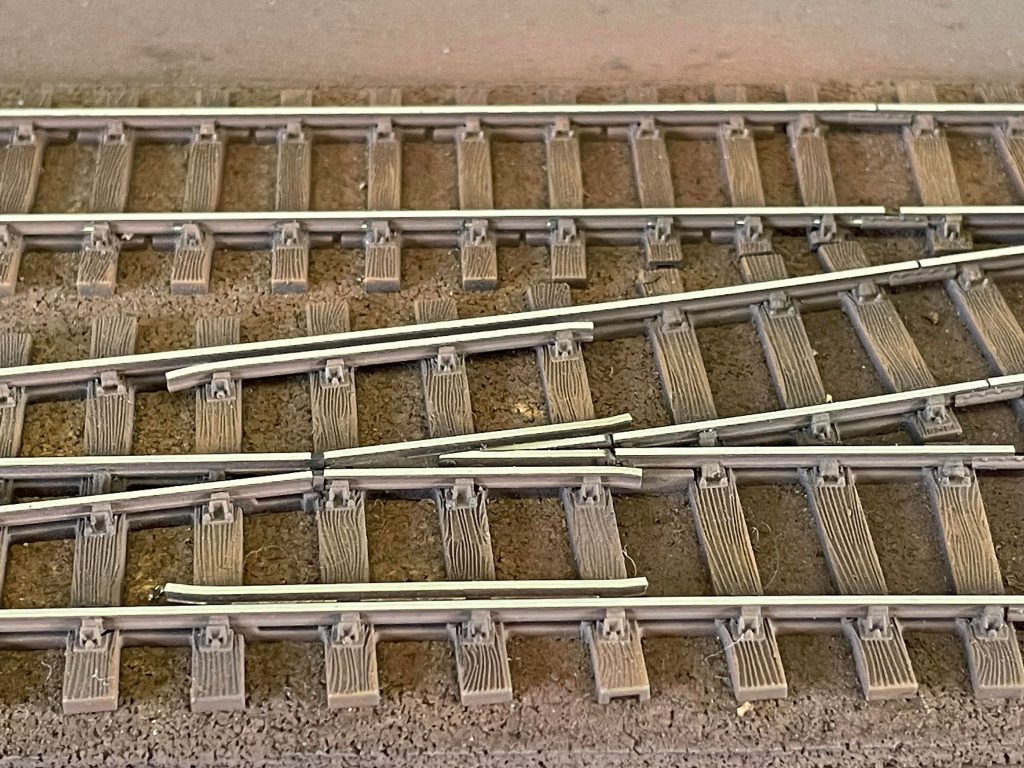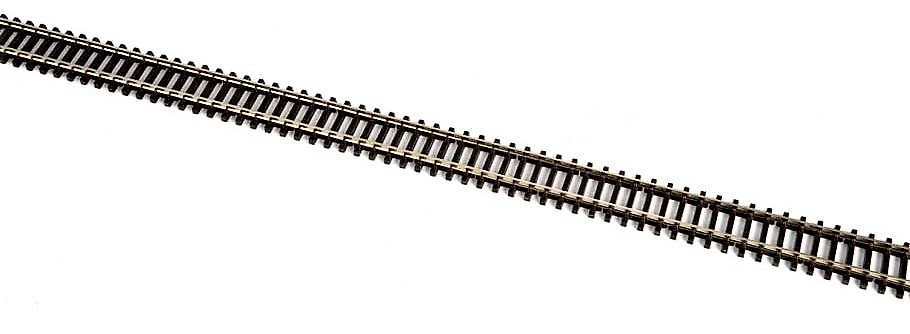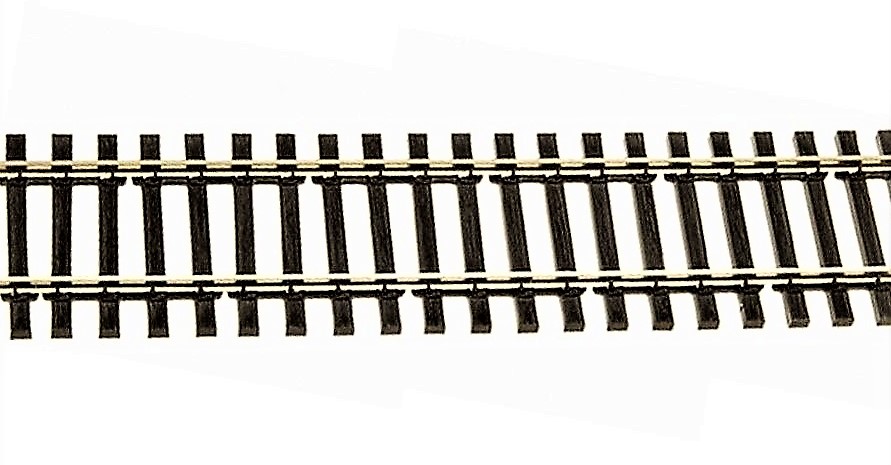If you’re just started out in the hobby with a train set & looking to buy more tracks to expand your train layout, you may have noticed that the model railway track is listed with a code number as well as the model scale, such as Code 100, 80, 75, 55, etc.
What do these track code numbers mean?
The height of the rail used on model railways varies, from the smaller height which is closer to the correct scale to the larger height which is taller than the correct scale height. To assist the modeller a set of code numbers are used to identify the rail heights. The four most commonly used in the UK are covered below.
Code 100 – The height of the rail is 0.1 inches which scaled up against the real-life track would be almost 30% higher than the real thing. Code 100 is used on the OO scale track which the likes of Hornby/Bachmann supply in their sets. This is the most popular used track. This track is ideal for most locos & rolling stock due to its rail height and will take all but the largest flanged wheelsets.

Code 75 – The height of the rail 0.075 inches is far more accurate. which scaled up against the real-life track would be almost 3% lower than the real thing. Code 75 OO scale is often classified as a fine scale. This track is ideal for new loco & rolling stock models with finer-scale flanged wheelsets. Due to its rail height, models fitted with larger flanged wheelsets are not compatible.

N Gauge
Code 80 – The height of the rail is 0.088 inches. Code 80 is the N gauge equivalent of OO scale’s code 100 track. Like Code 100, is taller than the real thing. This track is ideal for most locos & rolling stock due to its rail height and will take all but the largest flanged wheelsets.

Code 55 – The height of the rail is 0.055 inches Code 55 is like Code 75 which is more correct & closer to the correct height & thus classed as fine scale. Use for models fitted with the finer scale wheelsets. Not compatible with rolling stock & locos fitted with larger flanged wheel sets.

Why are locos & rolling stock fitted with the larger flanged wheelsets not compatible with the fine-scale track?
The simple answer is down to the height of the rail is too small. The larger flanged wheelsets flanges will touch the sleeper chairs and ride over the sleepers. The way around this would be to remove & retrofit fine-scale wheelsets to the models with the larger flanged wheelsets.
Some of the older locos & rolling stock from the 1960s & 1950s were designed to run on the track of that time period, which had higher rail height than today’s code 100 track. The track & wheelsets from that time period were a much coarser design than that of today.
Can locos & rolling stock with fine-scale wheelsets run on the OO scale Code100 or N scale Code 80 track?
Yes, so long as the wheelsets are OO or N gauge.


0 Comments